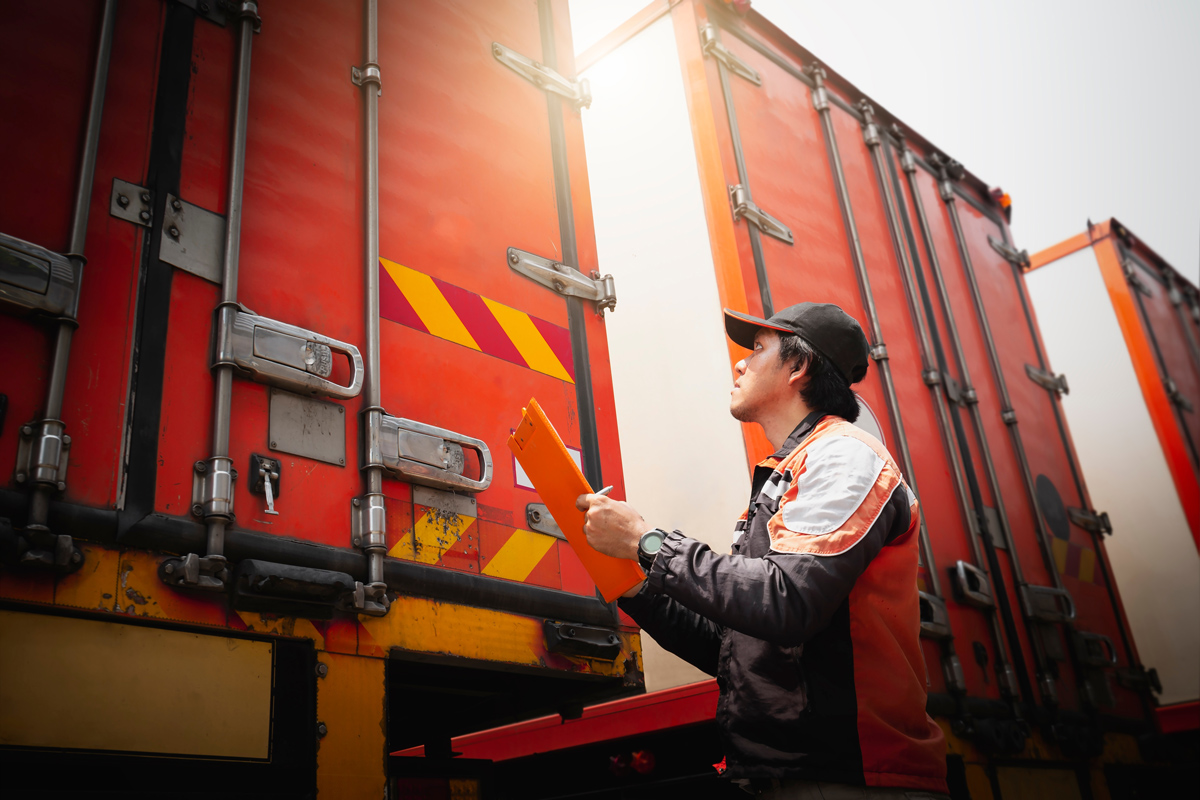Although you may not hear much about it on the evening news, according to the FBI, cargo theft is on the rise and the gangs (it’s usually gangs pulling off these heists) are using new techniques to dupe their targets.
Thieves are focusing on riskier but more valuable loads, and they are increasingly focused on full truckloads. Additionally, the thefts are becoming more sophisticated, with gangs — using stolen IDs and fabricated carrier identities — impersonating trucking firms or cargo brokers to get suppliers to part with their products.
Additionally, to prevent any tracking devices on stolen trucks, the thieves will sometimes move the stolen loot to another truck.
The increasingly sophisticated thefts are putting fleet managers and trucking firms in a bind, requiring them to double down on prevention efforts.
The Major Theft Unit in the FBI’s Criminal Investigative Division estimates that cargo theft costs U.S. businesses up to $30 billion a year. Such estimates may not present an accurate scope of the problem because businesses are often reluctant to report thefts out of concern for their reputations, or because they fear insurance premiums will increase.
Reducing the risk
Although there is no magic bullet that guarantees you will never experience a cargo theft, there are steps trucking companies can take to reduce the risk:
- Fence the entire physical premises of lots to make entry difficult. There should also be closed-circuit cameras, alarm systems, and guards who monitor the surveillance cameras.
- Place high-security locks on trailer doors and air-brake lines. Since it’s common for thieves to steal an entire load of a trailer, also install kingpin locks, especially in operations that drop trailers for any period.
- Use lockable load space covers to keep would-be thieves from seeing inside. They also keep tools and cargo strapped down and secure.
- If you’re operating an open-deck trailer, take your load securement straps off your winches and lock them up in your toolbox. Sliding winches on a flatbed trailer typically have a bolt or some mechanism at the end of the rail to prevent the winches from being slid off by anybody other than the owner.
- Use GPS systems and other technology to track trucks and cargo.
- Check the driving records and criminal backgrounds of all new drivers as part of your pre-employment screening process.
- Work with your insurer to identify routes with a lowered possibility of cargo theft.
- Require drivers to drive at least four hours before their first rest stop. If a thief was close behind, they may lose interest while waiting for the driver to stop.
- Ask drivers to notify their dispatcher prior to stopping. After they pull over, they should be sure their engines have been shut off so that waiting for thieves can’t drive away easily while they are inside the rest stop.
- Develop reciprocal agreements with clients to allow your drivers to park loaded trucks at the clients’ secured facilities while on route. You can also establish this kind of agreement with other trucking companies.
- Park in a well-lit area such as a gated parking lot or garage that is monitored by security. Report any incidents of theft to the local authorities to ensure they’re aware of the situation and can help to monitor the area.
- Place bills of lading in a secure location and designate a single person to control their distribution to the drivers. Bills of lading reveal details about what a truck is hauling. If a driver is working in collaboration with thieves, he can look at a bill of lading and tell thieves what cargo is being shipped, when it is due to leave, and the number of the trailer in which it will be packed.
- Don’t make a truck’s trailer a billboard for what is inside. While you may be promoting your products on the trailers to generate new business, you are also advertising the contents to cargo thieves.
The takeaway
Cargo theft may be a reality in the trucking industry, but you don’t have to assume that it is an inevitable cost of doing business.
You can reduce your vulnerability if you follow these common-sense precautions to make thieves work harder to steal your valuable freight.

